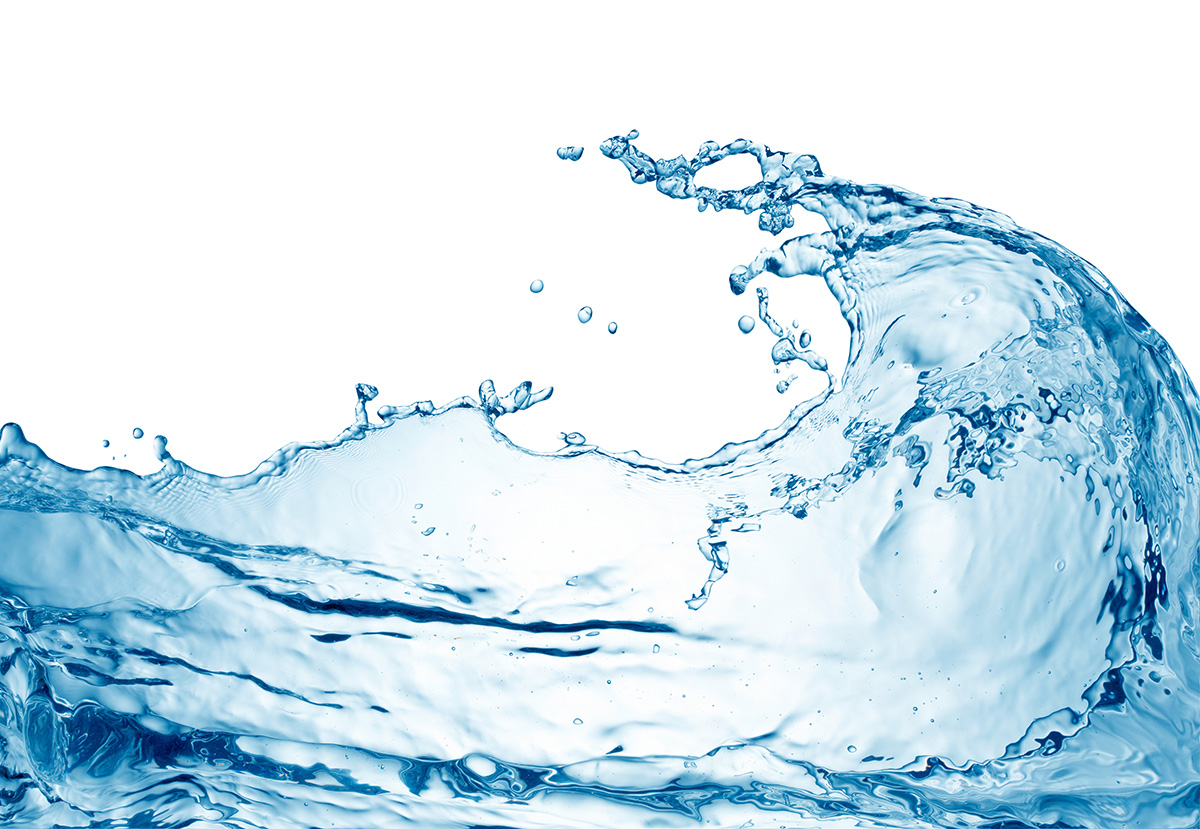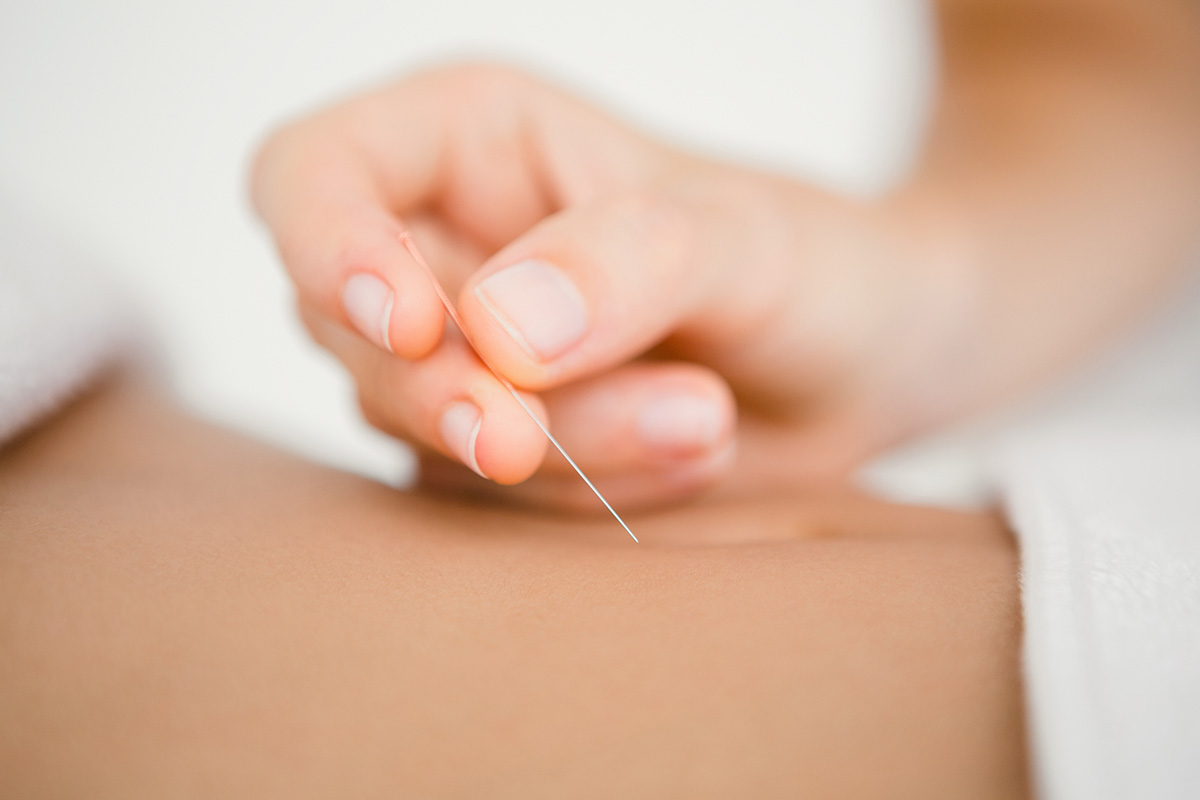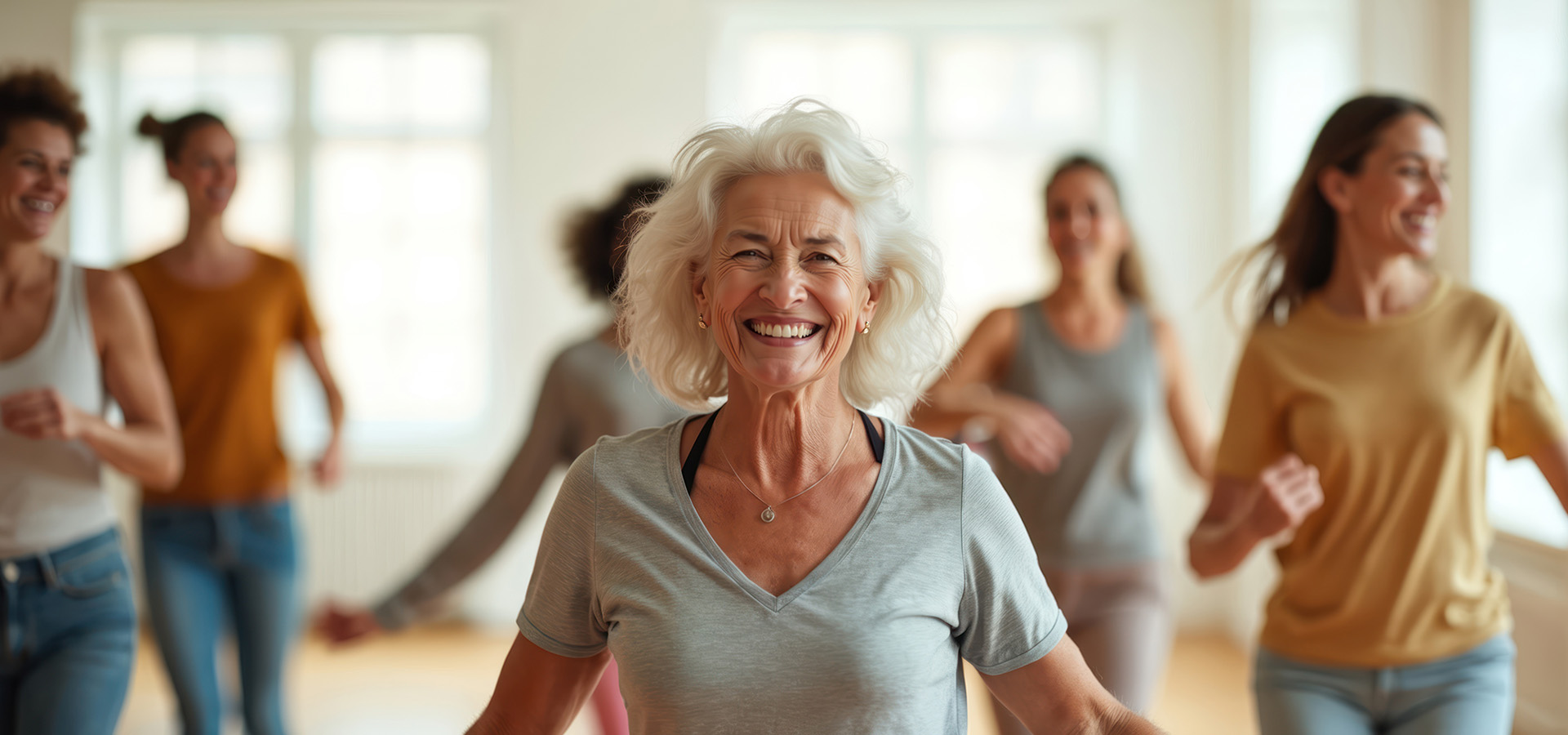As we age, joints may become stiffer, bones more fragile, and movement less fluid. For many older adults, summer can actually worsen these symptoms—dehydration, inflammation, and damp heat can all contribute to discomfort. Fortunately, Traditional Chinese Medicine (TCM) offers a holistic approach to supporting the body’s natural structure and movement, and that starts with something as simple as water.
Why Joints Get Stiff and Bones Weaken with Age
In both Western and Eastern medicine, aging is associated with a decline in bone density and joint resilience. TCM views this as a natural depletion of Kidney Jing, or essence, which governs the bones, joints, and marrow. Over time, when Jing becomes weaker, we may experience:
- Achy knees and lower back
- Stiffness in the morning or after rest
- Loss of flexibility
- Fragile or brittle bones
- Slower recovery from injury
This isn’t a failure of the body—it’s part of the natural rhythm of aging. But with the right nourishment and care, these changes can be softened and managed.
Hydration: A Hidden Key to Joint Comfort

It may sound simple, but hydration plays a vital role in how our joints and bones feel day to day. Water lubricates joints, supports circulation, and helps clear inflammatory byproducts from the body. For older adults, thirst can diminish over time, making it easy to become mildly dehydrated without noticing. This can lead to:
- Increased joint pain or stiffness
- Muscle cramps
- Dizziness or fatigue
- Slower healing after exertion
In TCM, fluids are seen as an aspect of Yin—the cooling, moistening, nourishing principle in the body. Yin naturally declines with age, and heat (from weather or inflammation) dries it out further. Drinking enough water helps protect and preserve this precious resource.
A general guideline for daily hydration is:
Take your body weight in pounds, divide it by 2—that’s how many ounces of water you need per day.
For example:
If you weigh 160 pounds ÷ 2 = 80 ounces of water per day
This covers basic cellular hydration and supports your body’s sodium and potassium balance, which are essential for muscle function, circulation, and joint health. You may need more on hot days or if you’re exercising.
Tips to Stay Hydrated Without Overloading the System
Seniors may worry about frequent urination or bloating when trying to increase water intake. TCM teaches us that hydration doesn’t only come from cold water—it comes from a variety of warm, nourishing sources:
- Sip warm or room-temperature water throughout the day
- Try light broths with seaweed or root vegetables
- Enjoy herbal teas such as nettle, chrysanthemum, or goji berry
- Eat water-rich foods like steamed zucchini, cucumber (lightly cooked), and melon in moderation
Avoid iced drinks and raw foods if digestion is weak, as they can further cool the system and create a phenomenon called Dampness.
Support the Kidneys to Nourish the Bones
In Traditional Chinese Medicine, the Kidneys are the “root of life” and play a central role in bone health. Strengthening Kidney Qi and Essence can help protect the joints and support bone density. Practices and foods that support the Kidneys include:
- Gentle weight-bearing exercise like walking or tai chi
- Black sesame seeds, walnuts, seaweed, and dark leafy greens
- Bone broth for nourishment and collagen support
- Acupuncture or moxibustion on points like Kidney 3 or Bladder 23 to tonify Kidney Qi
Herbs like du zhong (eucommia) or xu duan (teasel root) may also be used in formulas designed to support joints and bones—but always consult one of our Chinese medicine practitioners first!
How Acupuncture Supports Bone and Joint Health

Acupuncture is a powerful tool for supporting joint comfort, mobility, and the body’s natural repair processes—especially as we age. In Traditional Chinese Medicine, pain is often seen as a sign that Qi and Blood are not flowing freely. By stimulating specific points along the meridians, acupuncture helps move stagnant Qi, reduce inflammation, and nourish the underlying deficiencies that contribute to joint stiffness or bone weakness. For bone health specifically, acupuncture can be used to tonify Kidney energy, strengthen the lower back and knees, and reduce symptoms of osteoporosis. Many seniors find that monthly acupuncture treatments improve flexibility, ease pain, and help them stay more active and independent.
Movement: The Medicine That Keeps Giving
Even with joint pain, the right kind of movement is essential. Inactivity leads to stiffness and further Qi stagnation, which TCM sees as a root cause of pain. Consider daily practices such as:
- Morning stretches to loosen tendons
- Swimming or water aerobics for low-impact joint care
- Qigong to move Qi and reduce inflammation
The goal isn’t intensity—it’s consistency. A little bit every day supports circulation, flexibility, and mood.
Final Thoughts: Bones, Water, and Gentle Wisdom
Healthy aging isn’t about avoiding change—it’s about partnering with it. Supporting bone and joint health in later years is not just about supplements and medication. It’s about honoring your body’s changing needs, staying gently active, and keeping your internal terrain moist, cool, and nourished. Drink more mindfully, move more intentionally, and lean into the steady, supportive guidance of Traditional Chinese Medicine.

